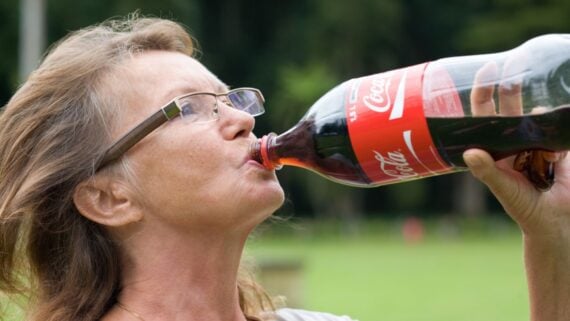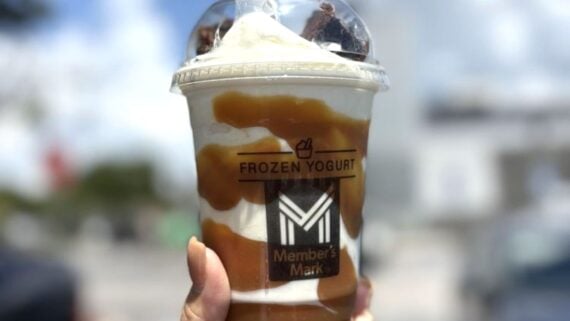Coca-Cola is bringing back real cane sugar to its classic soda after decades of using high-fructose corn syrup. The change follows growing calls for healthier ingredients and will be available in select U.S. markets.
What’s Changing in Coca-Cola’s Formula?
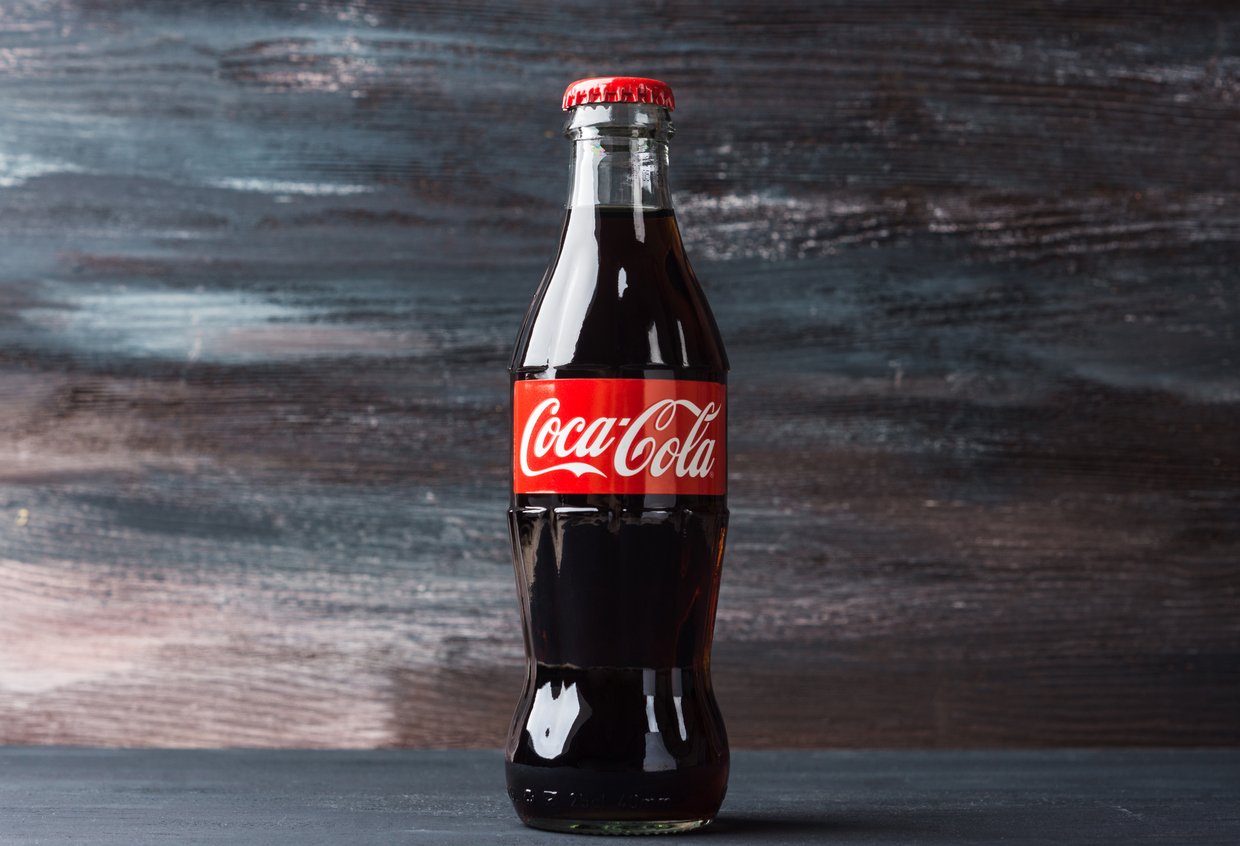
Coke confirmed that a new 12-ounce glass bottle made with cane sugar will roll out this fall in select U.S. markets. The company first agreed to switch from corn syrup to sugar in July after public pressure from President Donald Trump, who called on the company to drop the cheaper sweetener earlier this year. Human Services Secretary Robert F. Kennedy Jr. has actively advocated against the widespread use of high-fructose corn syrup in foods and beverages.
International versions of the fizzy drink, including Mexico Coke and several in Europe, already use cane sugar in the formulas, and the company also relies on the ingredient in other beverages, including Gold Peak iced tea and Simply Lemonade.
What Does This Change Mean for Health?
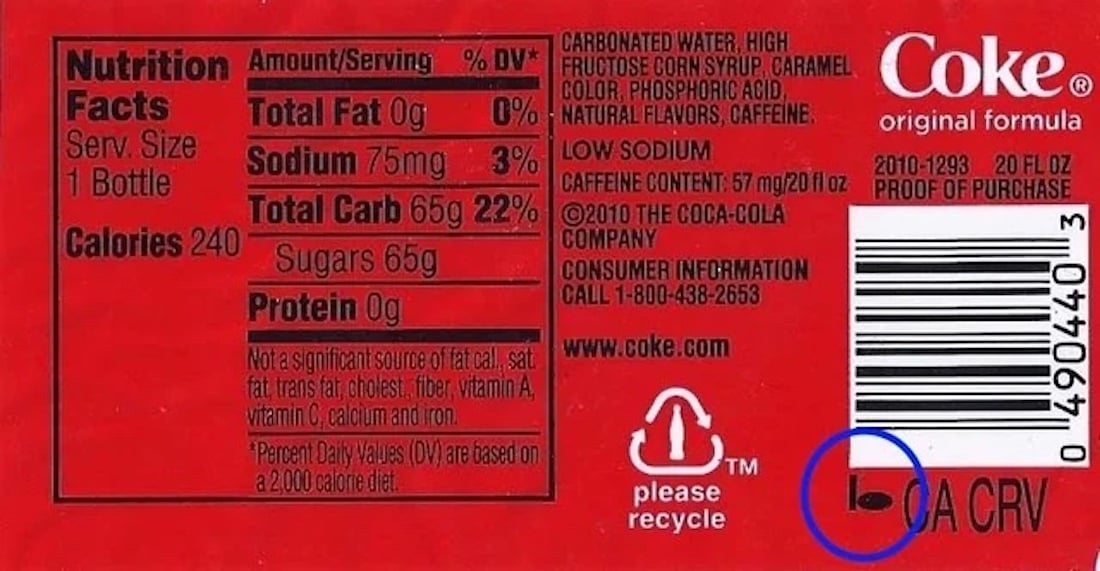
Coke used cane sugar in its flagship drink until the 1980s, when sugar tariffs rose and corn syrup became the cheaper alternative.
High-fructose corn syrup—which is a very common and cheap alternative to sugar — has been linked to obesity, fatty liver, and insulin resistance, though some nutrition experts say cane sugar isn’t much different nutritionally. So, the new recipe may taste closer to the Coke sold abroad, but it’s unlikely to be any healthier.
“There is overwhelming evidence that cane or beet sugar have almost no difference from HFCS [high fructose corn syrup] in composition and no difference in any health effects,” David M. Klurfeld, an adjunct professor in the Department of Applied Health Science at the Indiana University School of Public Health-Bloomington, told NPR.
More Food News From Cheapism
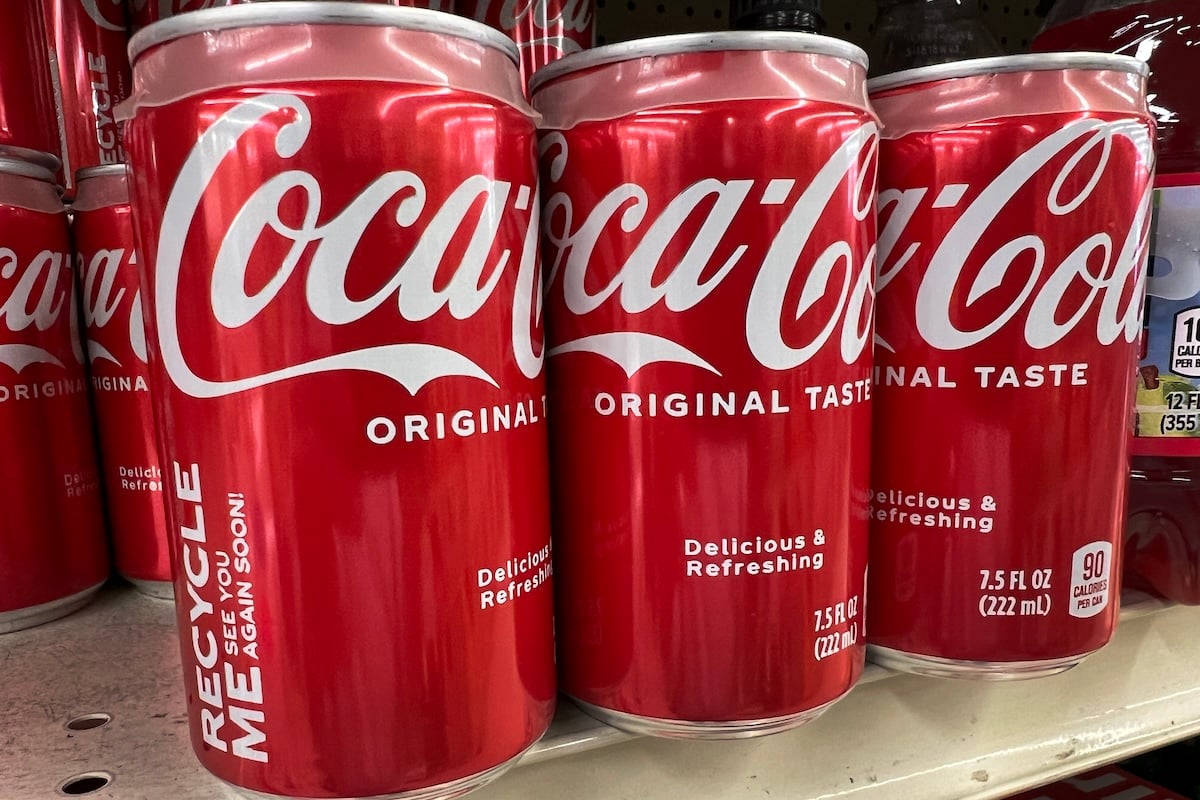
- Thousands of Coca-Cola Cans Recalled Due to Potential Metal Contamination — Check your fridge to make sure you haven’t purchased any of the recalled cans.
- Dog and Cat Food From 3 Major Brands Recalled Over Salmonella —The recall affects several products sold under three brands. Here’s what pet owners should know.
- Jimmy John’s Brings Back Its Picklewich for the Pickle ‘Freaks’ — The popular, carb-free sandwich is back and this time it has support from a new dipping sauce and special chips.
